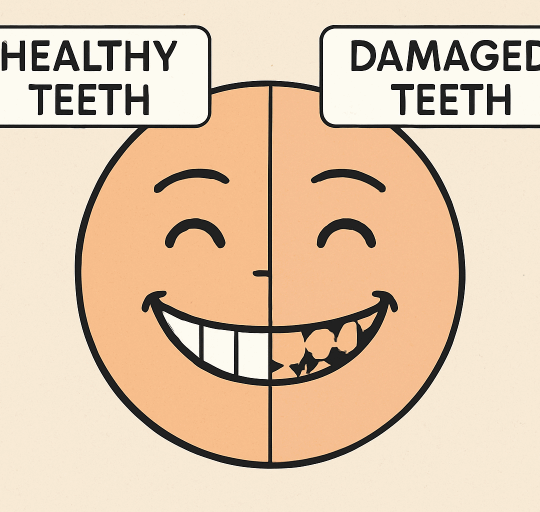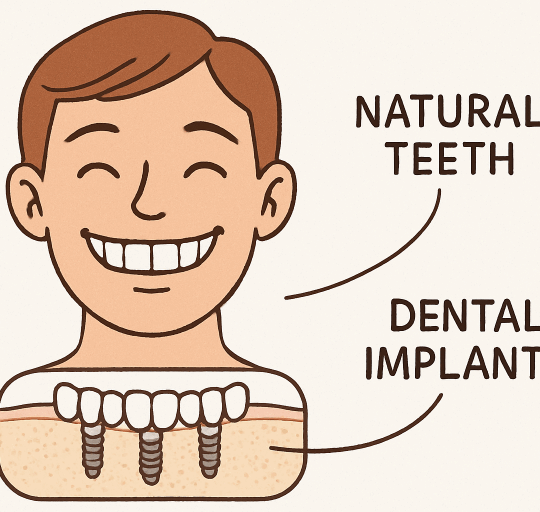
Having a heart-to-heart with your doctor about heart health could be a lifesaving decision. Heart disease and other cardiovascular diseases are the top killers of adults in the United States. While no one truly enjoys going to the doctor, a routine trip could save your life.
Here are 5 reasons to talk to your doctor about heart health:
1. Cardiovascular Disease is Deadly
We hear a lot about cancer, but one of the other prominent killers in the U.S. is cardiovascular disease. In fact, the disease is listed as an underlying cause of death in more than 800,000 deaths, which equates to about 1 in 3 deaths.
Knowing these statistics, it’s vital that you discuss heart health with your doctor. While older adults are at a higher risk of heart disease and other cardiovascular conditions, it’s important to discuss any heart health symptoms that you may be experiencing. Common signs that your heart isn’t at its optimal levels include:
- Shortness of breath
- Fatigue
- Rapid heartbeat
- Swollen legs
- Heart palpitations
If you suffer from any of these symptoms, discuss them with your doctor immediately. You should also let your doctor know of any history with any of these symptoms. Patients who have had atrial fibrillation in the past can use Multaq to prevent its incidence in the future. Get coupon online to buy this prescription drug at an exceptionally low price.
2. Heart Problems Can be Silent
While some heart conditions cause symptoms, not all heart issues are noticeable. Sometimes the symptoms are so minimal that most people don’t even think about going to the doctor. This is why it’s crucial to schedule annual or bi-annual visits with your doctor so that you can have peace of mind that your heart is healthy.
One of the most common cardiovascular issues is high blood pressure. This condition rarely causes symptoms but if left untreated can cause stroke, heart disease, and other fatal conditions. Because of the lack of symptoms, hypertension is often referred to as the silent killer.
Another condition that may not cause symptoms until it’s too late is a heart attack. In the U.S. someone experiences a heart attack once every 40 seconds. When someone experiences a silent heart attack, they don’t experience shortness of breath, chest pain, and other symptoms that are commonly associated with a heart attack. In some cases, someone may experience one of these attacks and never recognize it.
3. Set Health Baselines
Setting health baselines is important, especially when looking for non-physical indicators of heart health. During a visit to the doctor, you’ll want to have your total cholesterol and blood pressure tested. With these baseline numbers, you’ll have a clearer picture about your heart health and any risk factors that you may have.
Total cholesterol is the sum of both the good and bad cholesterol in your body. The higher your total cholesterol levels, the higher risk you have of suffering from heart disease or some other cardiovascular condition. If your total cholesterol is above 200 mg/dL, your doctor will likely recommend lifestyle changes and potential medication. During this time you can discuss money-saving options like a Xarelto coupon or a medication assistance program.
Your doctor will also determine your blood pressure. High blood pressure is a sign that your heart health isn’t at healthy levels. By knowing your blood pressure level, you can work with your doctor to create a health regimen to reduce your levels.
4. Discuss Family History
When it comes to cardiovascular health, discussing your family history is important. If members of your immediate family suffer from heart disease, hypertension, or some other heart issue, you’re at a higher risk of also suffering from them.
Discussing your family history and knowing about any risks that you may face is important in determining the best ways to keep your heart healthy for years to come. Understanding any genetic risks, you may have is also important in ensuring you make healthy lifestyle choices to keep your heart healthy.
5. Understand Lifestyle Factors
While some people have poor heart health because of genetics, others have decreased their heart health since of poor lifestyle choices. Factors such as smoking, being overweight, and not following a heart-healthy diet all increase your risk of suffering from heart-related health issues. By talking to your doctor about your heart health, you can determine which lifestyle choices you need to change in order to take better care of your health.
Working with your doctor will also make it easier to figure out a prevention plan. Even if you don’t suffer from heart disease yet, it makes sense to practice healthy heart decisions to reduce your risk and to ensure your heart remains healthy.
Conclusion
Going to the doctor isn’t the most exciting part of life, but having a clear picture of your heart health is important. Since poor cardiovascular health is one of the prominent killers in the U.S., taking charge of your heart is important if you want to live your life to the fullest.
Did you find this article helpful? Leave us a comment with your thoughts in the section below.







